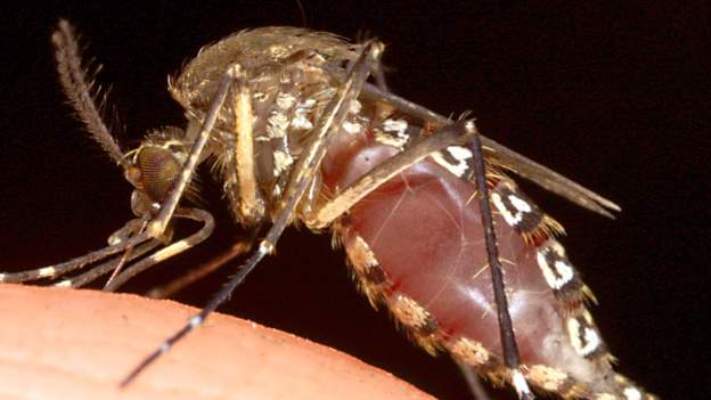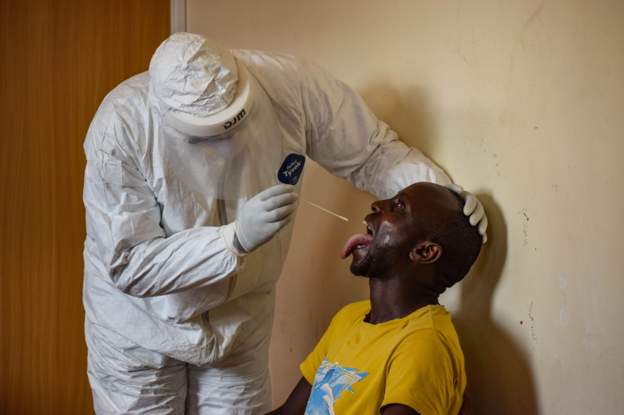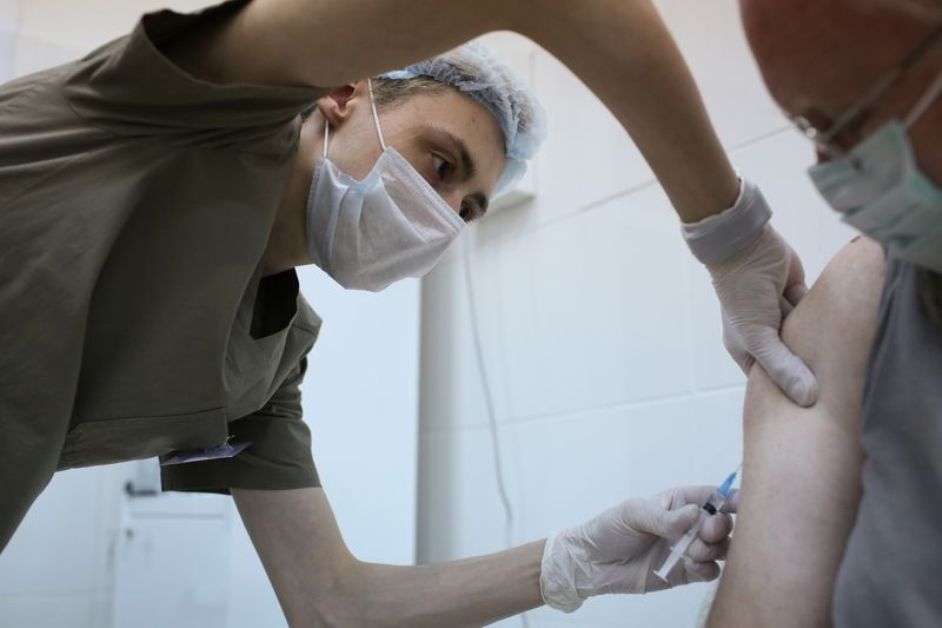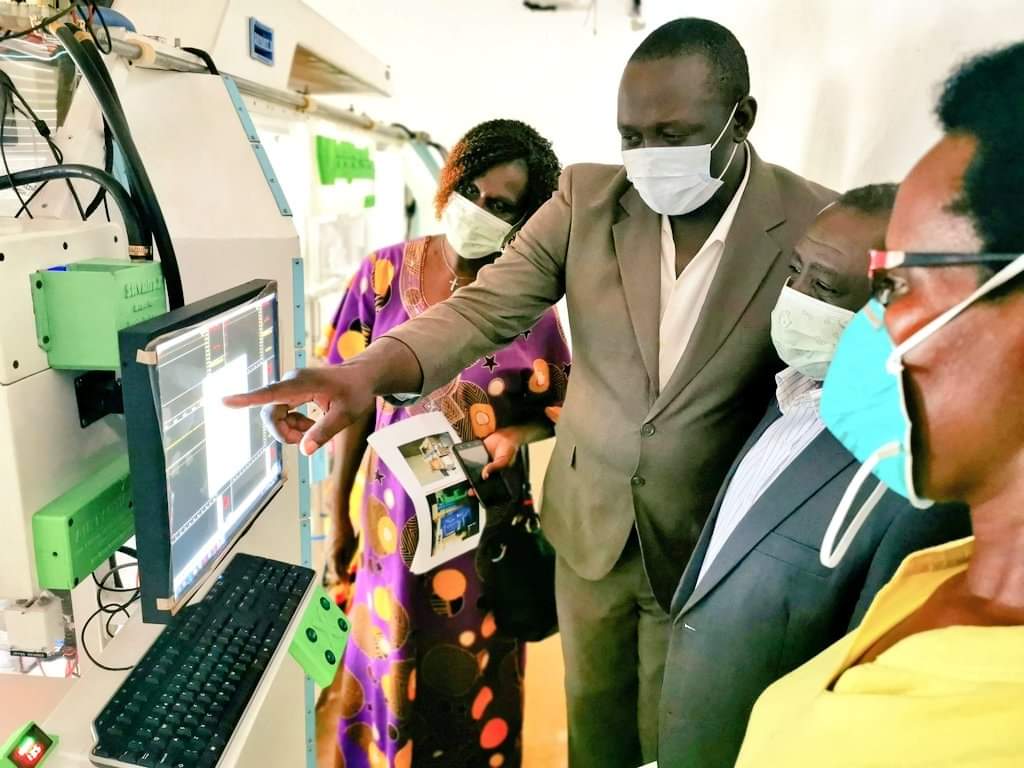The World Health Organization (WHO) has endorsed the first-ever vaccine to prevent malaria, as it moves to save the lives of tens of thousands of children in Africa, where the disease remains endemic.
Malaria, one of the oldest known and deadliest infectious diseases kills about half a million people each year, nearly all of them in sub-Saharan Africa, among them 260,000 children under age 5, according to WHO statistics. The WHO says 94 per cent of malaria cases and deaths occur in Africa.
Now, WHO is recommending widespread use of the Mosquirix, a new vaccine by GlaxoSmithKline which rouses a child’s immune system to thwart Plasmodium falciparum, the deadliest of five malaria pathogens and the most prevalent in Africa. The vaccine is not just a first for malaria — it is the first developed for any parasitic disease.
The new vaccine is given in three doses between ages 5 and 17 months, and a fourth dose roughly 18 months later. Following the clinical trials, the vaccine was tried out in three countries; Kenya, Malawi and Ghana, where it was incorporated into routine immunization programs. During its clinical trials, the vaccine had an efficacy of about 50 per cent against severe malaria in the first year but dropped close to zero by the fourth year.
According to malaria research, all previous vaccine candidates never made it past clinical trials, while Bed nets, the most widespread preventive measure, cut malaria deaths in children under age 5 by only about 20 per cent. This implies that the new vaccine, even with modest efficacy, is the best new development in the fight against the disease in decades.
“This is a historic moment. The long-awaited malaria vaccine for children is a breakthrough for science, child health and malaria control,” said WHO Director-General Dr Tedros Adhanom Ghebreyesus in a statement on Wednesday evening.
The recommendation for general use is based on the advice of two WHO global advisory bodies, one for immunization and the other for malaria that analysed data from the pilot programme that showed that more than two-thirds of children in the three countries who are not sleeping under a bednet are benefitting from the RTS,S vaccine.
They also saw a 30 per cent reduction in malaria when the vaccine was introduced in areas where insecticide-treated nets are widely used and there is good access to diagnosis and treatment in the study.
Commenting about this development, Dr Matshidiso Moeti, WHO Regional Director for Africa said today’s recommendation offers a glimmer of hope for the continent which shoulders the heaviest burden of the disease.
The next step is for Gavi, the global vaccine alliance, to determine that the vaccine is a worthwhile investment. If the organization’s board approves the vaccine, Gavi will purchase the vaccine for countries that request it, a process that is expected to take at least a year.
WHO Approves World’s First Malaria Vaccine





